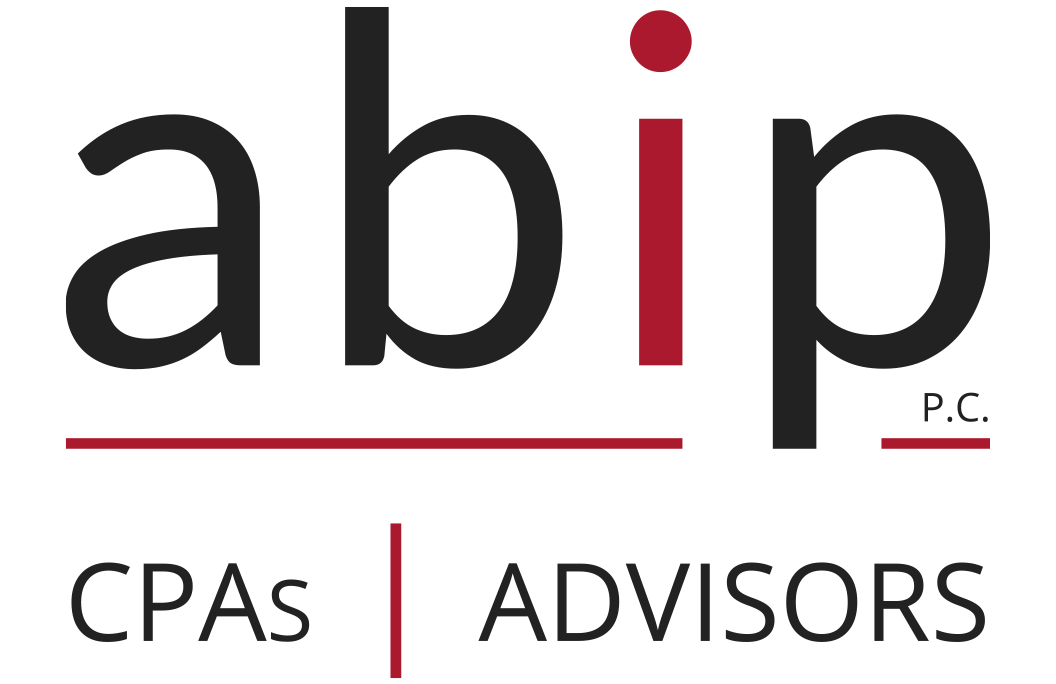Mishandling your business receipts is one major accounting mistake that could be costing you money. To avoid losing crucial information about the transactions your company makes, it is important for you to keep every receipt that you receive. By keeping your receipts organized, you will be able to assess your spending more easily and accurately. This will also help you at tax preparation time as you will not have to rush to find all your receipts, correct mistakes or find the exact information pertaining to one transaction. Below are suggestions on what type of receipts you should be keeping.
How businesses are improperly handling receipts
 When it comes to handling transactions in your business, some companies do not save all their receipts which verify income such as:
When it comes to handling transactions in your business, some companies do not save all their receipts which verify income such as:
- Bank Deposit Slips
- Receipt Books
- Invoices
- Credit Card Charge Slips
Or purchases and expenses receipts including:
- Canceled Checks
- Cash Register Tape
- Invoices
- Credit Card Sales Slips
- Reimbursements
- Refunds
- Internet Receipts
By failing to keep and to back up your transaction receipts, you expose yourself to not being able to retrieve these important documents and may forget to include them in your balance sheet or income statement.
If you do not have the receipts for your transactions, then it will be easy for you to neglect to record the necessary information in your checkbook and eventually in your accounting journals. In the end you will see incorrect numbers on your accounting system and this could cause you to miss important deductions. To sum up, it can be very costly for your company. To avoid any trouble, follow these steps on how to properly handle your receipts.
How to properly handle your receipts
The first thing you must do in order to handle your receipts properly in to stay organized! Every time you make a transaction, ensure that you save the receipt with all the necessary information. The next step is to separate these receipts depending on the expense you just made. For instance, you should put all your miscellaneous purchases receipts together and all your monthly water and electricity invoices together. Do not mix them up, because in the end they belong to different accounts in your chart of accounts.
Another important step to follow is to back up your receipts either by making a photocopy or recording them on a computer. Because receipts can fade easily, it is important to have a copy of them.
Saving and properly recording your receipts might take a little extra time for each transaction but it will save you time in the end. It will make your life easier and ensure that your business shows accurate balances at the end of the accounting year.
For more information on how to handle your receipts, please contact ABIP today. One of our experts will answer all your accounting questions.





